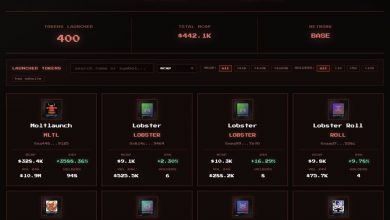As AI systems become a regular part of enterprise infrastructures, the need for intelligent observability and context-aware automation is growing. SUSE’s openQA, an open-source test automation framework used across SUSE Linux and openSUSE distributions—has taken a strategic step toward AI-native quality engineering by integrating support for the Model Context Protocol (MCP).
MCP is an emerging standard that allows large language models (LLMs) to interact with web services in a structured, context-sensitive manner. By exposing internal system state via MCP endpoints, services like openQA can be queried by LLMs to retrieve logs, inspect job status, and surface actionable insights, without compromising system integrity or security.
The initial implementation in openQA is read-only, enabling LLMs to consume structured metadata about test jobs, worker status, test suite configurations, and log artifacts. This is particularly valuable for root cause analysis, regression triage, and performance tuning—tasks that benefit from contextual reasoning and pattern recognition across large volumes of test data.
From a technical standpoint, openQA’s MCP integration is implemented in Perl and leverages SUSE’s MCP SDK. The authentication is managed with Bearer tokens. Next there are plans to support additional schemes as the protocol matures. The SDK provides a clean abstraction layer for defining MCP tools, each representing a discrete capability exposed to LLMs. The current release includes three such tools, with expansion guided by community feedback and evolving use cases.
openQA is now one of the first CI/CD systems to offer native MCP support, supporting broader trends in AI-assisted DevOps and autonomous infrastructure. It also means future write-capable interactions will be possible, where LLMs could propose test reruns, annotate failures, or even suggest configuration changes. This is subject to human review and policy constraints.
For SUSE’s internal QE teams and the openSUSE community, the MCP integration offers a new interface layer for intelligent automation. It means LLMs can act as copilots in the testing process, augmenting human engineers with real-time context and cross-system reasoning. This is especially relevant in complex environments where test failures may stem from subtle interactions across kernel versions, hardware profiles, or dependency trees.
As we look into 2026 and onwards, SUSE is exploring MCP integration across its broader product portfolio, including container orchestration, edge computing, and observability stacks. By embedding MCP endpoints into core infrastructure, SUSE aims to make its platforms more transparent, queryable, and ultimately more adaptive to AI-driven workflows.
Now that LLMs are increasingly being used to troubleshoot, optimize, and orchestrate enterprise systems, openQA’s MCP support is more than a technical update, it offers an opportunity for future AI-native engineering.
To find out more visit www.suse.com




